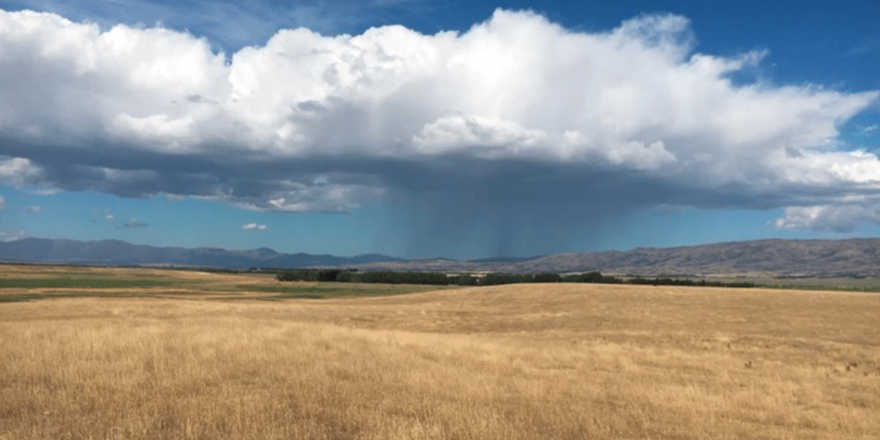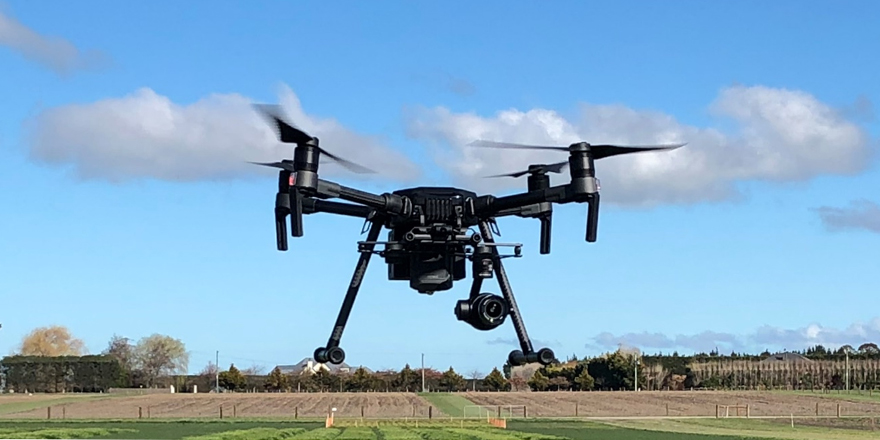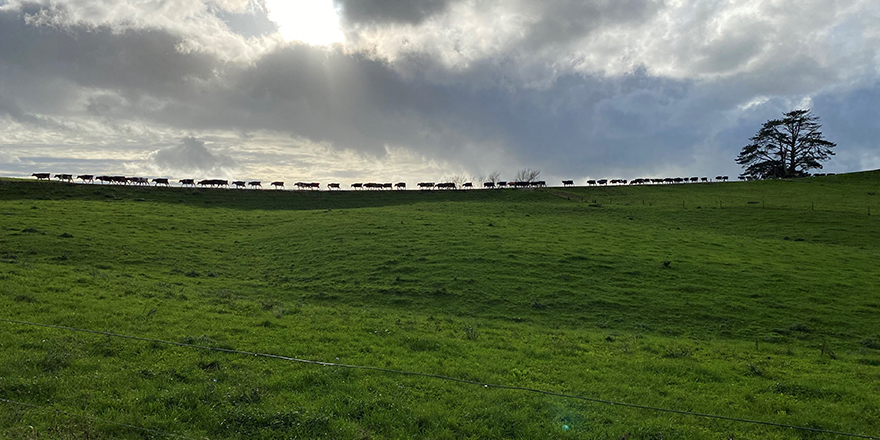
Executive Summary
In New Zealand (NZ) freshwater management has become a top political issue with most New Zealanders having an emotional attachment to freshwater and how it is managed. The question is, how do we manage freshwater and respect diverse interest and complex environmental interactions? The aim of this study was to gain an understanding of freshwater management, and identify successful policies and management structures that can meet the needs of rural communities. This project includes a review of the literature around environmental governance and unstructured interviews with regulators, industry individuals and those involved with water governance.
New Zealanders are unlikely to respond to authority unless they understand why. Catchment specific limits around water quality and quantity, empowers rural communities, allowing flexibility for methods to solve issues and giving ownership over solutions. This approach and other bottom up approaches such as Maniototo Pest Management have developed a high level of social capital in the Upper Taieri Catchment, meaning compliance limits set by the Otago Regional Council (ORC) are often bettered by local initiative.
The Resource Management Act 1991 (RMA) set NZ on a different path allowing meaningful recognition of environmental and social values. The RMA is based around sustainable management, principles with an integrated approach to environmental management. Agreed principles give the opportunity for groups to identify shared values. If groups agree in principle, this enhances the opportunity to build trust. If trust is not built between water users, stakeholder groups and regional authorities it increases the likelihood of resource consent applications ending up in the environment court. This adds significant time and cost, and the opportunity to create win-win scenarios is lost.
In California, ownership rights and a strict priority system of ‘first in first served’, means water is unevenly distributed between communities and can result in significant geographic differences in wealth. Ownership rights to water encourage competition between users and ‘Tragedy of the Commons’ where individuals are unlikely to preserve the resource because they expect another will take it. The user group structure being achieved in the upper Taieri reduces competition between users by giving top priority to the environment.
Efficiency of water use is the net value of outputs generated from inputs. Individual catchments around NZ, like the Upper Taieri are all unique so best use of a water resource is appropriately established at community level with an integrated catchment governing body such as the Upper Taieri Group. This gives opportunity to harness the valuable social capital and local knowledge.
In conclusion, good environmental policy will alter behaviour in a way that is appropriate to the needs of communities. While freshwater interests in NZ must always be respected, the implications of ownership rights or top down policies will likely have negative implications for rural communities. NZ has a chance to be world leaders in freshwater management by using social capital to reduce compliance costs and achieve policy goals. This is reliant on central and regional government recognising the value of community engagement. Transparency, face to face communication and compromise are needed and should be encouraged to achieve policy goals.
Download and read the full report here




